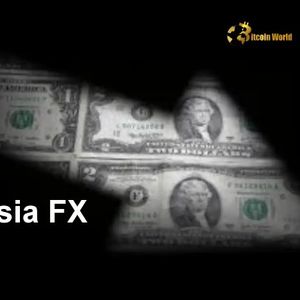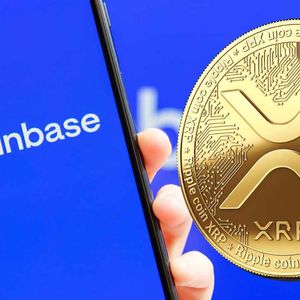Lee Jae-myung has won the 21st presidential election in South Korea with a clear lead over his opponent. The Democratic Party candidate appeared in front of cameras outside his home in Gyeyang-gu, Incheon, with his wife, Kim Hye-kyung, where he said, “It is still too early to say anything because the vote count is still in progress, but if the results are confirmed as they are, I pay tribute to the great decision of our people.” Hours before, Lee had said, “I will do my best to fulfill the great responsibility and mission given to me so as not to disappoint the people’s expectations.” What made Lee’s win different from past elections was what he campaigned on. The 60-year-old politician promised to introduce a stablecoin backed by the Korean won, aiming to stop what he called a steady “leak” of national wealth to foreign stablecoins and tokens. “We need to establish a won-backed stablecoin market to prevent national wealth from leaking overseas,” Lee said during a policy discussion just days before the final vote. Lee wants pension funds in crypto and spot ETFs legal Lee also backed the legalization of spot crypto ETFs, saying he believes major institutional players should be allowed to get in. He specifically mentioned the National Pension Fund as one body he would support entering the market. “I will create a safe investment environment so that young people can build assets and plan for the future,” he said, pushing a policy angle that focuses on long-term wealth building through crypto investments under regulated conditions. His opponent, Kim Moon-soo of the People Power Party, was also vocal about his stance on crypto. Kim supported the same move on spot ETFs and also wanted pension bodies like the National Pension Service to be given the green light to invest in tokens. Where Kim differed was in regulation. He took aim at Korea’s current “one-exchange-one-bank” rule, which forces every crypto exchange to work with only one local bank for real-name account verification. Kim’s team argued the rule blocks new exchanges and stops smaller platforms from growing due to limited banking access. That rule was part of a larger set of restrictions that began in January 2018, when the South Korean government first began tightening its grip on crypto trading. Back then, all traders were required to open real-name bank accounts that matched their exchange information. Banks had to verify every trader’s identity, and foreigners and minors were completely banned from trading crypto. The main purpose was to stop money laundering and criminal activity tied to anonymous wallets. A month later, in February 2018, the then-chief of the Financial Supervisory Service, Choe Heung-sik, announced the government was ready to support “normal” crypto trading and called on banks to work with exchanges instead of avoiding them. His comments opened the door for more structured collaboration between platforms and financial institutions. New rules legalized crypto and added compliance layers The next big move came on March 5, 2020, when Korea’s National Assembly passed a new amendment to the Act on the Reporting and Use of Specific Financial Transaction Information. Often called the March 2020 Amendment, it gave crypto legal status and created the full framework for how exchanges and other companies had to operate in Korea. The law officially went into effect in March 2021. Under that law, all virtual asset service providers were required to follow four major rules. First, they had to register bank accounts that were authorized and linked to real-name users, just like the 2018 system. Second, they had to get Information Security Management System (ISMS) certification from the Korea Internet Security Agency (KISA) to show their platforms were secure. Third, every company had to submit detailed business and account information to the Korea Financial Intelligence Unit (KoFIU). And fourth, they had to roll out strict Anti-Money Laundering (AML) and Know Your Customer (KYC) policies that covered both users and internal staff. That meant full transparency, traceable records, and zero tolerance for shady trading behavior. Even now, the government hasn’t stopped trying to pin down crypto. The Ministry of Economy and Finance is still reviewing updates to the tax code. The aim is to bring crypto gains into the tax net while making sure the system is fair. There’s no final timeline, but tax on crypto remains a top issue as trading volumes in Korea continue to rise. KEY Difference Wire helps crypto brands break through and dominate headlines fast

















